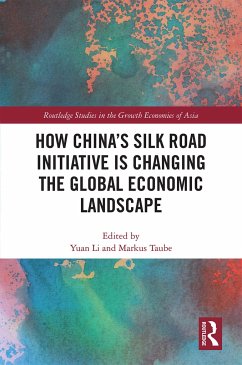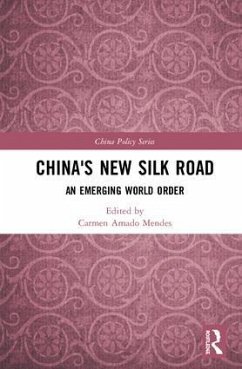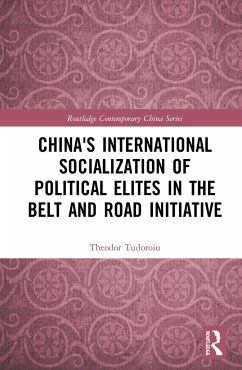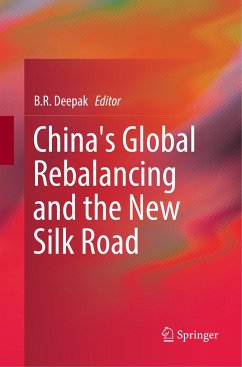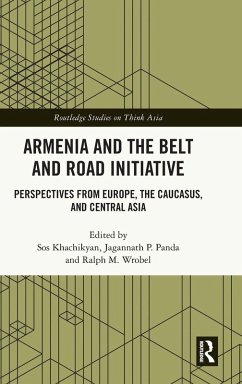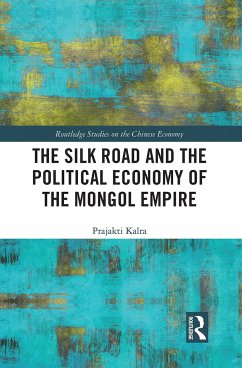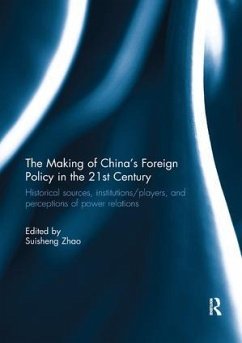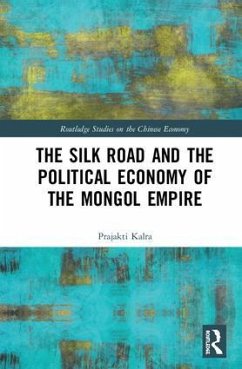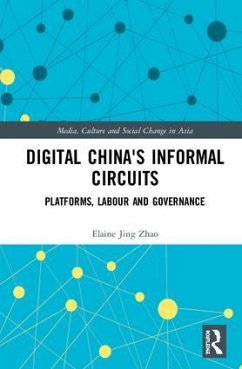
How China's Silk Road Initiative is Changing the Global Economic Landscape
Versandkostenfrei!
Versandfertig in 1-2 Wochen
55,99 €
inkl. MwSt.

PAYBACK Punkte
28 °P sammeln!
China's New Silk Road initiative constitutes one of the most ambitious projects in recent decades designed to change the pattern of the global economic division of labour as well as the geostrategic balance of power. It has the potential to create a new fabric of industrial value creation that links China and East Asia via Central and South Asia with Europe, and to forge new regional and multilateral institutions that complement or compete with existing regional and global governance systems. First proposed in 2013, the new initiative is only now starting to be rolled-out, with trade relations...
China's New Silk Road initiative constitutes one of the most ambitious projects in recent decades designed to change the pattern of the global economic division of labour as well as the geostrategic balance of power. It has the potential to create a new fabric of industrial value creation that links China and East Asia via Central and South Asia with Europe, and to forge new regional and multilateral institutions that complement or compete with existing regional and global governance systems. First proposed in 2013, the new initiative is only now starting to be rolled-out, with trade relations gradually intensifying, and the first investment projects and infrastructure clusters becoming manifest. However, the full impact of the evolving new regional value chains on global goods flows, investment activity, supra-national institution building, as well as their wider international implications, remains undetermined. This book brings together leading scholars from economics, political science and area studies, who present the latest cutting-edge knowledge and the latest state-of-the-art economic and political analysis on how the new initiative is developing and likely to develop.





